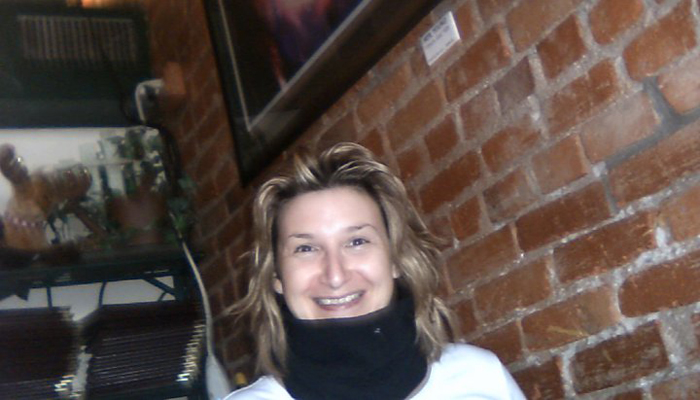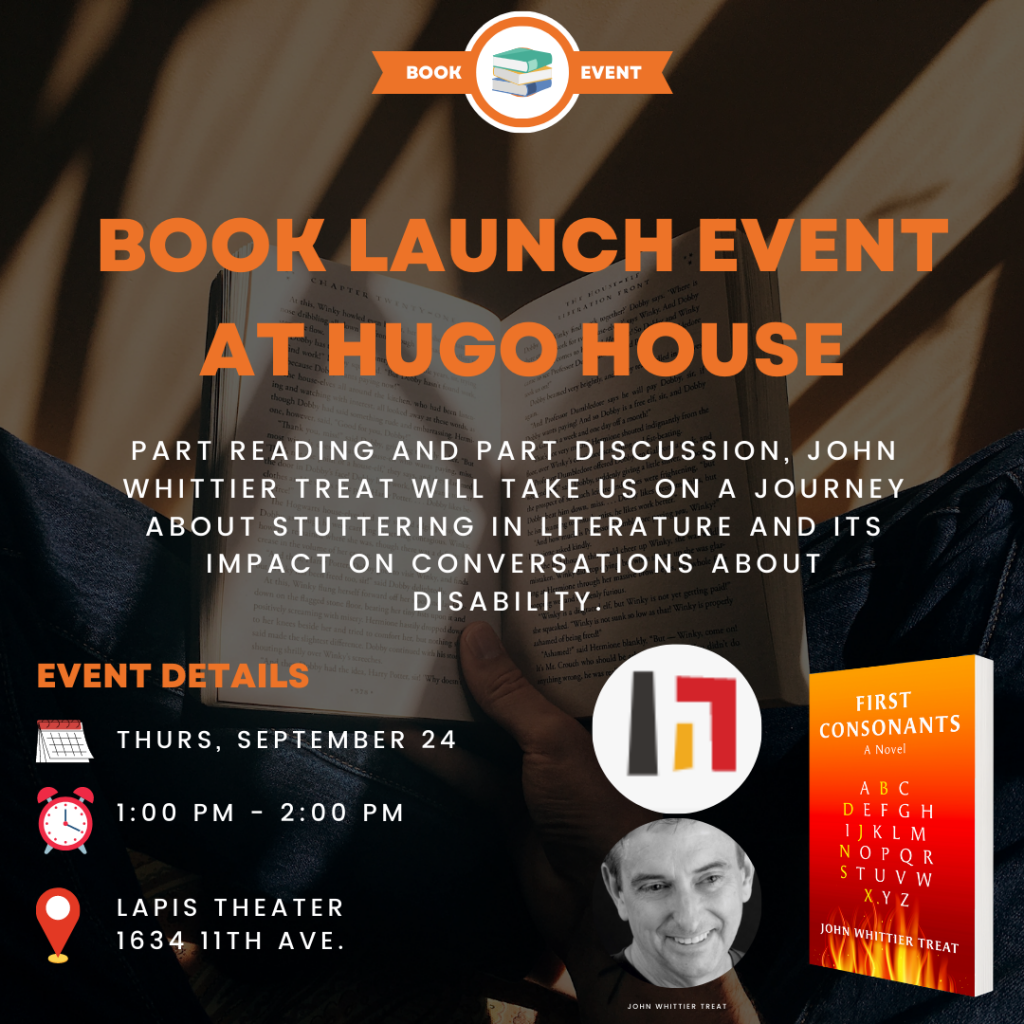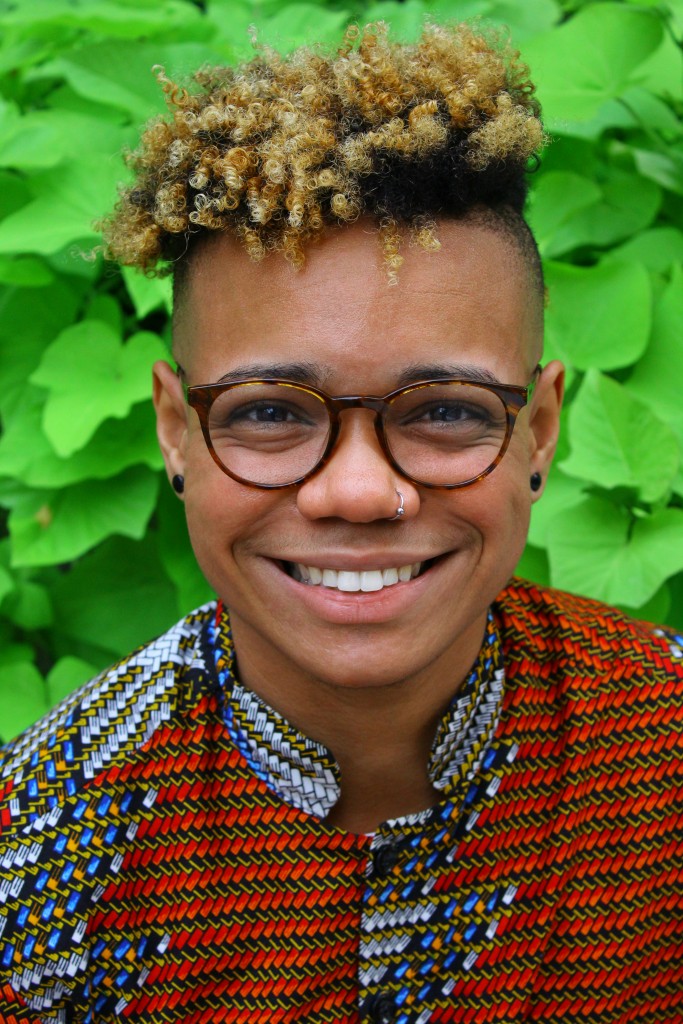In high school, I had a vision. I was sitting next to my dad who was driving, in silence, through Danvers, MA, where I grew up, past the white-washed colonial building Danvers Savings Bank dating back to the 1700’s, a revolutionary war cemetery, the Rebecca Nurse house, the witch from the Salem witch trials. All that Americana. We were driving home from whichever mental hospital my sister was staying in, for three to six months, every three to six months, for the last ten years. He was silent. I was thinking. I knew I wanted to be a poet, wanted to devote my life to it. But what did I, an immigrant kid from a country Americans back in the 80’s hated, a Jew who came into a community of Jews but didn’t know a word of Hebrew, let alone what or when Shabbat was, who had a sister who waited on the Boston Library steps all afternoon for the aliens to come, or thought Jesus was talking to her from the television, what did I, the freak show, have to say? We drove under an overpass, under Interstate 95, a route from the northernmost tip of Maine to the southernmost tip of Florida, and in the architecture of that cosmic, karmic moment, I figured it out — the question I’d been asking myself was rhetorical. Duh.
Who I was was the precise thing that could catapult me onto the American literary map. I had to embrace my inner freak show to be seen and heard. Plenty of writers capitalize on their uniqueness. It makes sense. Identity in an increasing globalized world has big appeal.
I hear the critics against confessional, narcissistic self-exploitation. We don’t need another Anne Sexton, Sylvia Plath, Robert Lowell, “Daddy” poem, they say. I heard a poet tell me in grad school that he won’t read any poem whose speaker declares himself in the poem through an “I.”
There’s the discomfort on the part of people you’ve pushed to the forefront of your writing who’ve had no choice about being there or how they’re represented. A highly un-American imposition. Bad writer.
Or the personal privacy issue, that family is like the mafia, or Vegas — no one must blab. Sure, I get that. A woman in a workshop I joined over a decade back was waiting until her parents died to allow herself to begin writing the work she’d for years been yearning to write. She was over fifty, still waiting. For now, she said, she was writing poems about sea birds and marshes.
And then there are the proponents. You’re so brave, what brave poems. What does that mean? Brave is going for it when the danger is greater than the reward. Like walking toward a fire with a hose. I wasn’t brave, I got a big friggin’ reward.
Here’s the thing: Shame is hard to live with. Acceptance feels better.
Here’s another thing: personal writing tries to make sense of what it means to be human, an endeavor that seems increasingly complicated in our political and cultural arena. Amid headlines of kids shot or tortured in military prisons half-way around the world, and pictures of bloody body bags and the mothers crying over them, why look in when maybe what we should do is look out?
Just yesterday, I saw a t-shirt at a local Goodwill that read: Born American and Unapologetically American. My first thought was I should buy this t-shirt and wear it when I read poems about being an immigrant. My second thought was to wear it the freshman classes I teach. A Mexican student in mine once forgot the name of the Chinese student he’d sat next to all semester, and said, Hey, foreigner. And I said, I’m a foreigner. And Jose laughed because he thought I, too, was now making fun of Shangxin. And though I was white, was apparently as American as they were and not the immigrant this Chinese kid was who for four years had lived in the same country they did.
Yet. Beyond what makes me a commie and you a citizen of the free world, me the sane one and my sister the insane one, me the Jew and my husband the Catholic, and all the infinite reasons and excuses to divide ourselves from one another, and from ourselves, is the common denominator of our humanity. No matter how hard we try, or how deeply we delude ourselves, we are a paradoxically complicated, tender, and vulnerable, yet malicious, vicious, and vindictive species. We do what we can to get back into Eden, yet we never quite make it, adoring the gates, standing out there with our arms crossed, saying, “You know who lives in there must be stoked!
Freak Show began as an homage to my parents’ perseverance. It was the only way I could pay them back, as all good immigrant kids should, right? I wanted to chronicle the immigrant experience since no one talked about what happened, not even to each other — too painful, humiliating, exhausting — we survived, and that’s what counts.
I drove up and down the east coast interviewing my parents’ friends, their friends, friends of their friends. Once word got out I was asking, they were lining up to tell. Who found out from whom how to bribe whom to get which signatures to get out. Who got out in the first wave in the 70’s, and who got stuck without a home, a job, a spouse who left and took the kids, until the second wave came a decade later and the spouse was back with the kid in tow and now wants out too, with you. What the boss would say to humiliate you in front of the whole factory or faculty, as per Soviet rules he should. Where in the apartment you must stand to tell your father, or on which busy corner to tell your friends, hand over mouth, so no one overhears and arrests them for being a parent or friend to someone like you.
But once you pull one bunny from the hat, all the bunnies, even the mutant, deformed ones, as if unionized, want out. So, next came the crazy sister poems. What she wrote on her walls all night in penmanship so small my father, when he had to sand them, the dust falling all over his face, could not make out what she wrote. What she said to Jesus when he spoke to her from our television. What the aliens would do when they came for her on the Boston Library steps where she waited for them all day with a Coke. Her electroshock therapy. Her cocktail of anti-psychotics. Her conviction that she was, nonetheless, sane.
From the beginning, Freak Show, was a hard book to write. The material posed stylistic limitations. How do you write about pain in an increasing cynical and ironic literary landscape and still be relevant? It’s hard to write about someone you love hearing voices or fleeing a country with ironic detachment and not sound like an amateur or an ass.
Furthermore, I wanted to lie, to heighten or inflect tension to reflect more closely my artistic intentions. But here, I couldn’t deviate from fact. And how do you make art out of that? How do you allow fact to be transformed by metaphor — the poem-making mechanism and the poet’s central pleasure — within the framework of historical, cultural, and religious accuracy?
When I finished the book, I was exhausted. I didn’t want to write another poem whose speaker declares herself through an “I.” Ironically, in the decade it took to write the book, my relationship with my parents deteriorated. It wasn’t the poems. They weren’t concerned or threatened by what I was writing about. But when I surveyed the land from the point of view of a person who had sloughed off labels and confines to became more complicated, vulnerable, more American maybe, they weren’t there. In an effort to release what isolated me from the world, I found I was now isolated from my parents. Neither of us were the same to the other. And my sister was gone to both.
I don’t know if poetry heals. I see a therapist every week for things that never make their way into my poems. But I’m finally comfortable with the freak show in me. I’ll always be the immigrant. I’ll always have a genetic twin out there who’s an absolute lunatic. But I’m okay with that. I am.
No, really.





